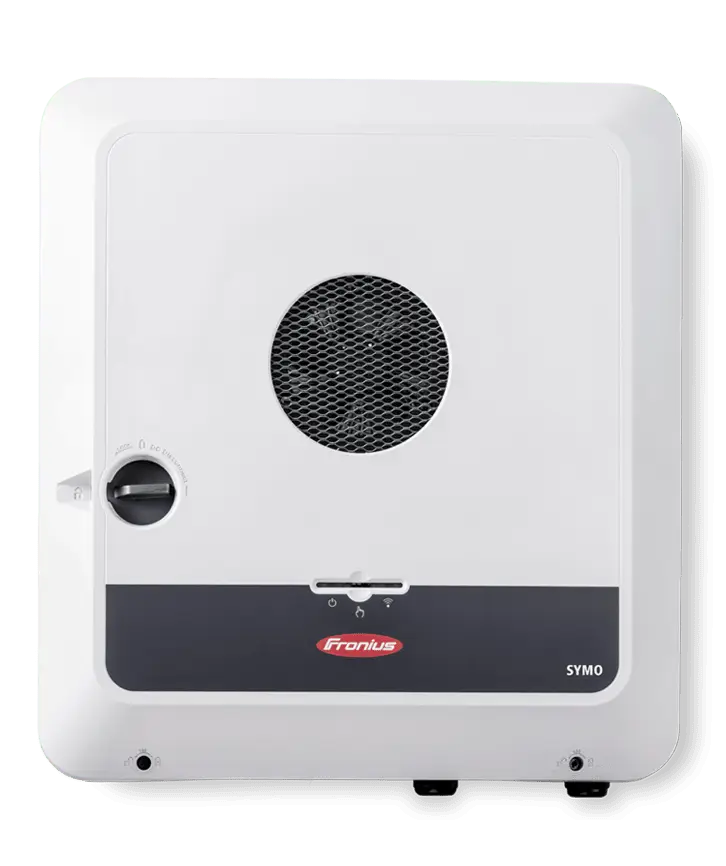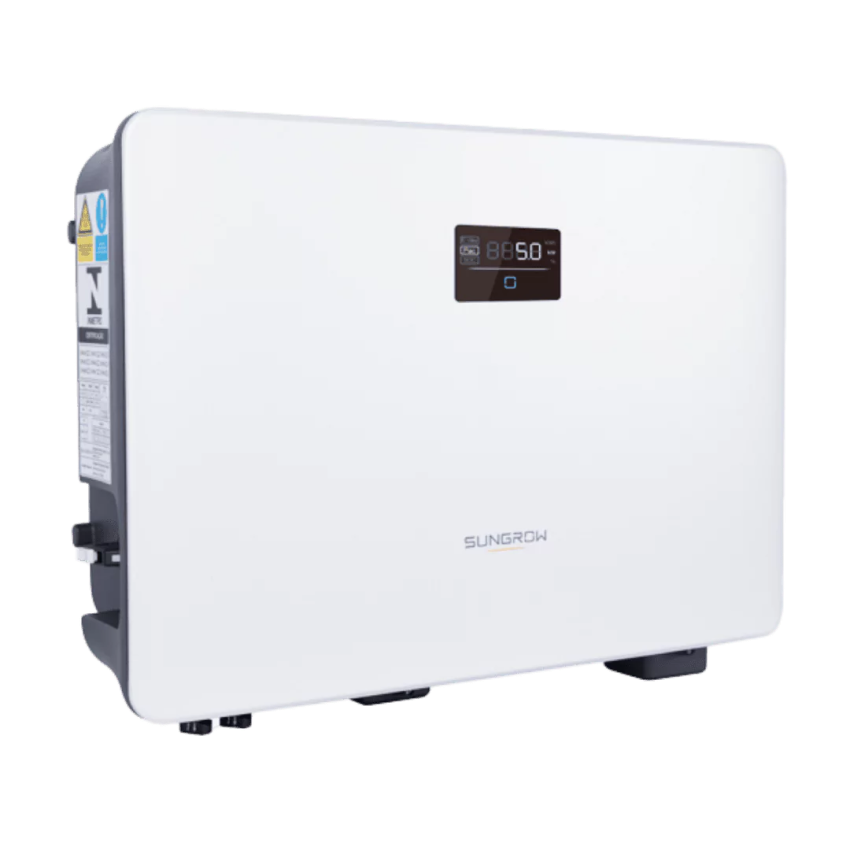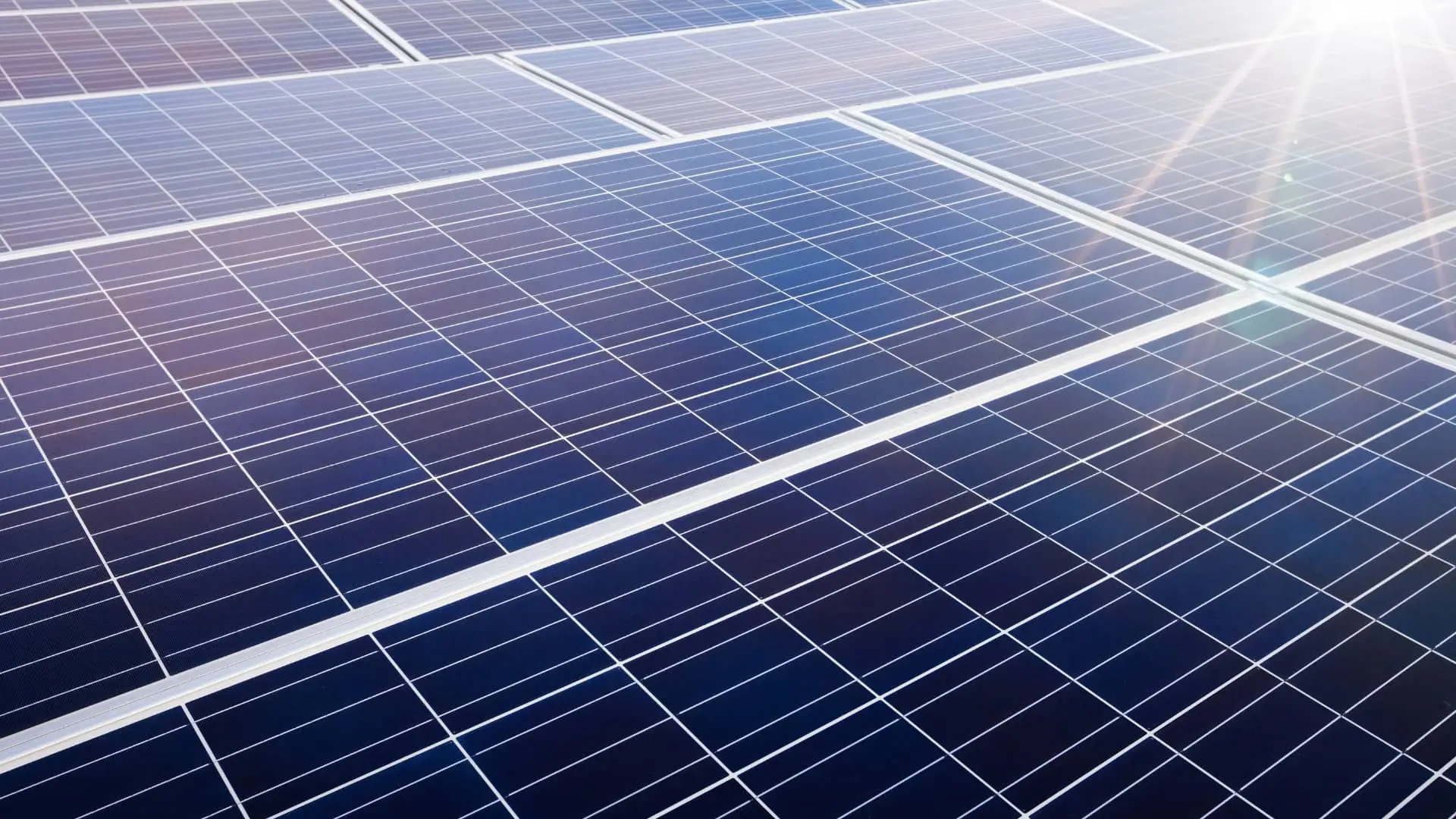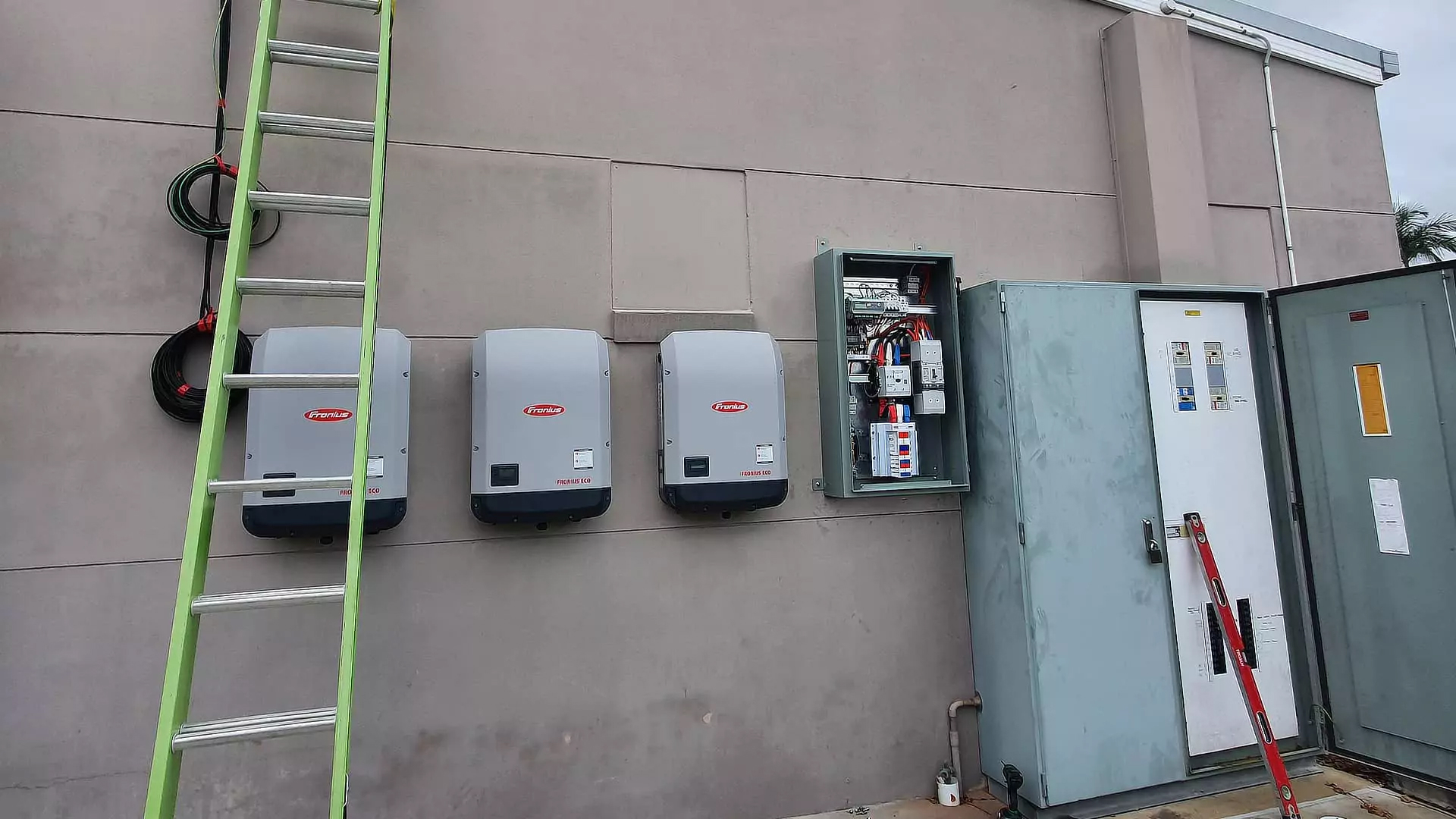In the world of renewable energy, solar power stands out as a beacon of clean and sustainable electricity generation. The heart of a solar power system lies in its solar panels, which convert sunlight into direct current (DC) electricity.
However, to make this energy usable for our homes and industries, we need to convert it into alternating current (AC) electricity through a critical component known as a solar inverter. While solar inverters play a vital role in our transition to a greener future, they often raise the question: Why do solar inverters get hot? This article explores the factors contributing to the heat generated by solar inverters.
Understanding Solar Inverters
A solar inverter is a sophisticated electronic device responsible for converting the DC electricity generated by solar panels into AC electricity suitable for consumption or distribution on the grid. It serves as a bridge between the photovoltaic system and our appliances, ensuring efficient and reliable energy delivery. However, this conversion process isn’t without its challenges, one of which is the heat generated during operation.

Factors Contributing to Heat Generation
- Conversion Efficiency: The primary function of a solar inverter is to convert DC to AC while maintaining high efficiency. However, no process is entirely efficient, and some energy loss occurs during this conversion. This energy loss is released as heat. The more efficient the inverter, the less heat it generates.
- Electronic Components: Solar inverters contain a complex array of electronic components, such as power transistors, capacitors, and transformers. These components experience resistance when electricity passes through them, leading to the generation of heat as a byproduct of their operation.
- Switching Frequencies: Most modern solar inverters use high-frequency switching to convert the DC input into AC output. While this approach enhances efficiency, it also contributes to heat generation. Rapid switching generates electromagnetic interference (EMI), necessitating additional components to manage EMI, which can also generate heat.
- Environmental Factors: The ambient temperature and location of the solar inverter play a role in its heat generation. Solar installations in warmer climates or areas with poor ventilation can lead to higher temperatures, which in turn affect the inverter’s efficiency and heat production.
- Inverter Design and Cooling Systems: Inverter manufacturers implement various cooling mechanisms to dissipate the heat generated. These can include heat sinks, fans, and even liquid cooling systems. If an inverter’s cooling system is inadequate or poorly designed, heat buildup becomes more pronounced.
Impacts of Excessive Heat
While a certain level of heat generation is normal for solar inverters, excessive heat can lead to several issues:
- Reduced Efficiency: High temperatures can cause electronic components to operate less efficiently, reducing the overall performance of the inverter.
- Shortened Lifespan: Prolonged exposure to high temperatures can degrade the lifespan of the inverter’s components, leading to premature failure and the need for replacement.
- Safety Concerns: Excessive heat can pose safety risks, including the potential for electrical fires or damage to surrounding materials.

Mitigating Heat Generation
Manufacturers are continuously working to improve inverter designs and cooling systems to mitigate heat-related issues. This includes optimising the arrangement of electronic components, enhancing heat dissipation mechanisms, and implementing smart control systems that adjust inverter operation based on temperature and load conditions.
Work With the Experts
Solar inverters play a pivotal role in converting solar energy into usable electricity, enabling the widespread adoption of solar power systems. While heat generation is an inherent aspect of their operation, it’s crucial to manage and mitigate this heat to ensure optimal efficiency, longevity, and safety. As solar technology advances, inverter designs will continue to evolve, resulting in more efficient, reliable, and cooler-running solar power systems that contribute to a cleaner and more sustainable energy future.
Contact our solar specialist today to learn more about how solar energy can power your future while keeping things cool and efficient.
Get Your FREE Quote Today & Save $$$!
Contact our team today and we'll get back to you as soon as possible to discuss your solar needs!
Get a FREE QuoteRelated Articles.

How Do I Pick the Right Solar Battery for My Home?

Jackson Wyer

What Are Solar Panels Made of?

Jackson Wyer

Solar Fact VS Fiction: 5 Myths About Solar Energy Debunked

Jackson Wyer

